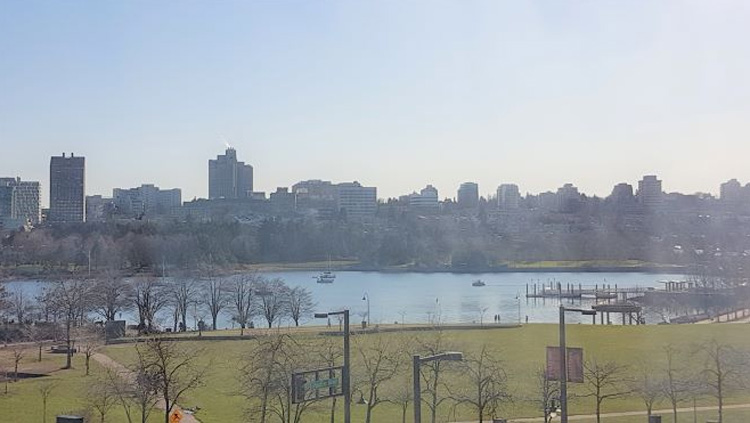
Property management services is a fairly straightforward, isn’t it? Find a tenant, sign a lease, collect rent, and the job is done, right? Well, no…not really. Property management involves a wide range of tasks and skills to ensure a property is well maintained and rental income is steady. While you can hire a property manager to provide a limited number of services, you’ll find that there are many key responsibilities of a property manager. So, as a landlord, what can you expect from a potential property manager? Depending on the type of property, property managers will provide different services; but, in general, a property manager has 5 key responsibilities.
Rents
Your property manager has expertise in setting and collecting rents. Their experience in real estate ensures they are well-informed about market rents so that they set the rent in a way that is attractive to tenants but also optimizes your return on investment. Then, property managers are also responsible for collecting and adjusting rents. As the property owner, you should expect seamless management of rental income with regular reports so that you are informed about your investment property without having to hassle with the day-to-day operations.
Leases
Property managers provide lease management services. They are well-informed about the legal requirements of renting a property so they can handle all aspects of lease management including collecting security deposits, initiating and terminating a lease, evictions, and landlord responsibilities. They may set the lease term with your direction while reviewing leases to ensure your interests are protected.
Maintenance
Regular upkeep of your investment property is important for the health of your investment. Regular and preventative maintenance of the building and suites should be managed by your property manager. When repairs are required, the property manager can liaise with tradespeople to guarantee timely and effective repairs so that tenants are satisfied and your property is protected.
Tenants
A property manager is your main point of contact with tenants. Perhaps one of the most important roles of a property manager, s/he will find and screen tenants to maintain low vacancy rates. This includes advertising vacancies effectively and then thorough screening of potential tenants. The screening process usually involves reference and employment checks as well as a credit check. Finally, your property manager will communicate with tenants regarding any complaints or concerns including maintenance requests, noise complaints, and emergency repairs. Plus, your property manager will facilitate move-ins, move-outs, and evictions.
Financial Management & Record Keeping
Finally, your property manager will keep fastidious records of income and expenses and provide you with regular reports. Reports will obviously include budgetary information based on your financial goals, but also they will include records of property details. For example, you should expect your property manager to report on inspections, leases, maintenance and repairs, and complaints. With respect to finances, your property manager will report on rental income, repair and maintenance costs, and other costs including insurance.
